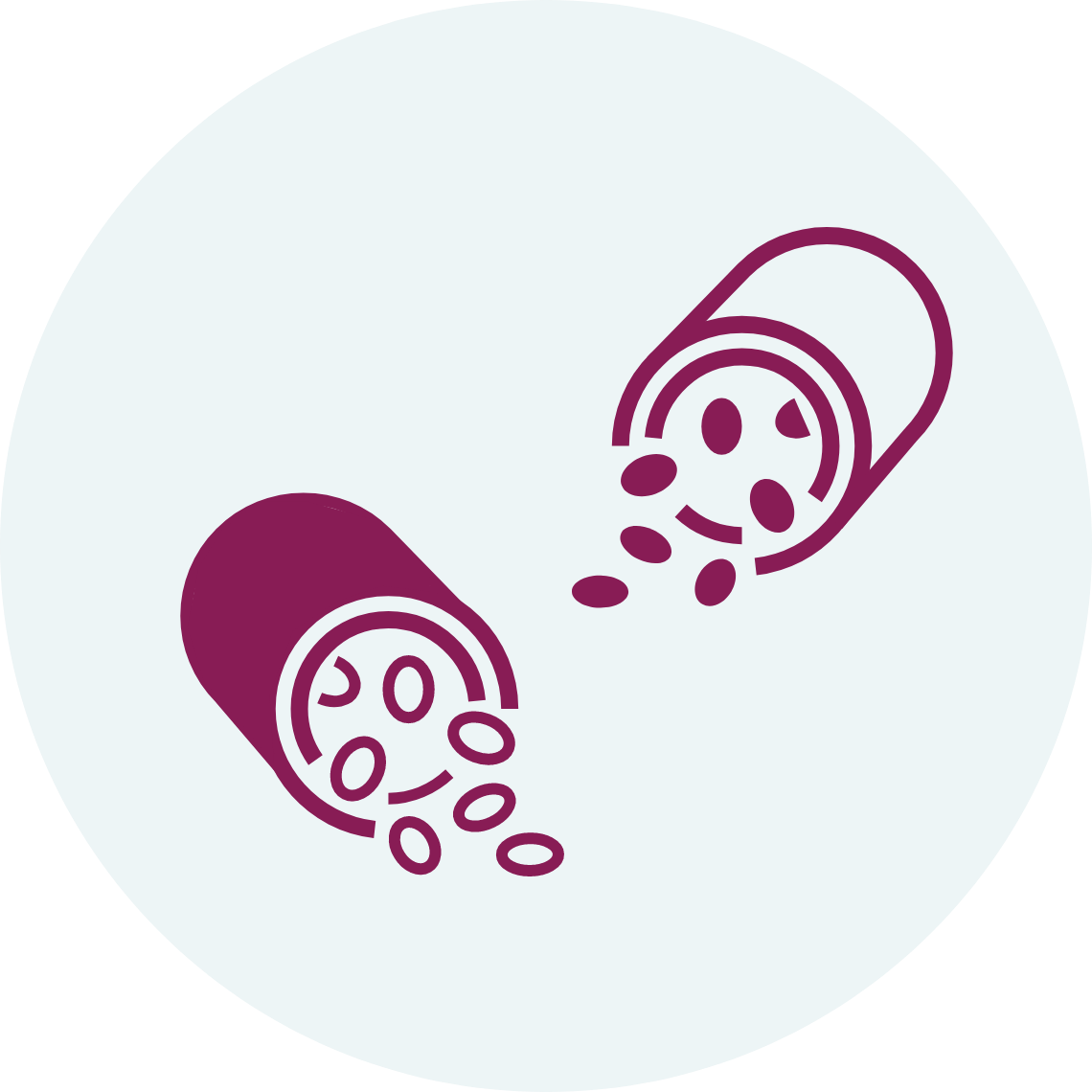
FINN, living with Duchenne.
Clinical Trial Benefits and Risks
Pathway to FDA Approval
The US Food and Drug Administration (FDA) has created a rigorous path for drug approval, requiring proof that a drug works and is safe before it is approved.
In general, clinical trials help us better understand and potentially treat the disease. Clinical trials also provide the scientific proof that an investigational drug is both safe and effective for human use.
If you or your loved one is thinking about participating in a clinical trial, there are a number of things to consider. First, selection criteria for clinical trials is strict. Only certain Duchenne patients will meet the selection criteria of a given clinical trial and may be able to access experimental therapies by participating in the trial. However, other patients may not meet the selection criteria and will not be chosen to participate.
Placebos and Clinical Trials
In some clinical trials, only certain participants will receive the experimental treatment. Others may get a placebo (a pill or liquid that has no active ingredients, like a sugar pill) but go through the same procedures. Having this “placebo group” helps researchers study the effects of the experimental treatment compared with the effects due to other factors that are not related to the treatment itself. Usually, participants and researchers will not know who is being treated with a placebo or the drug being studied in the clinical trial. Other trials are more focused on understanding the disease and may not involve treatment.



